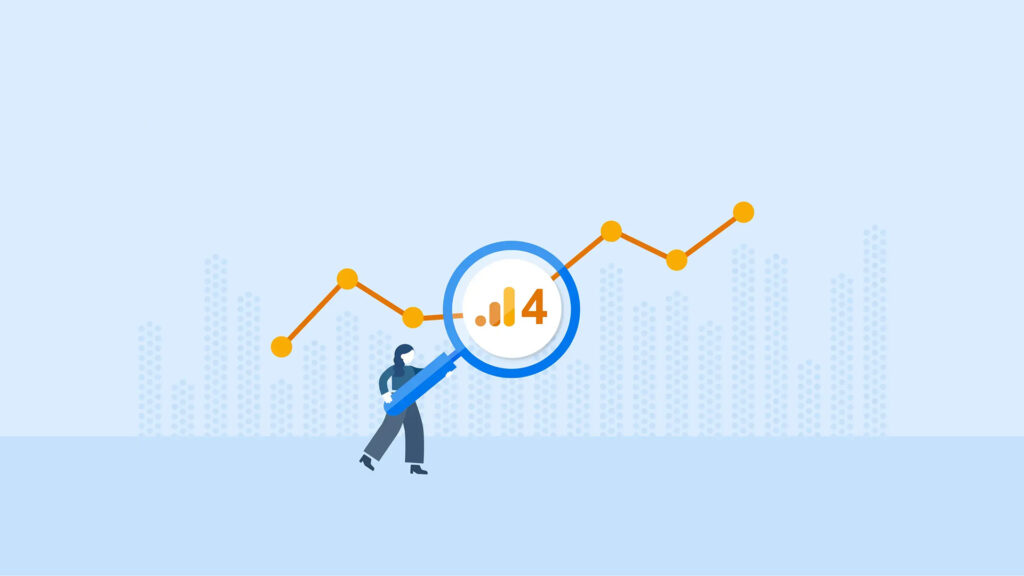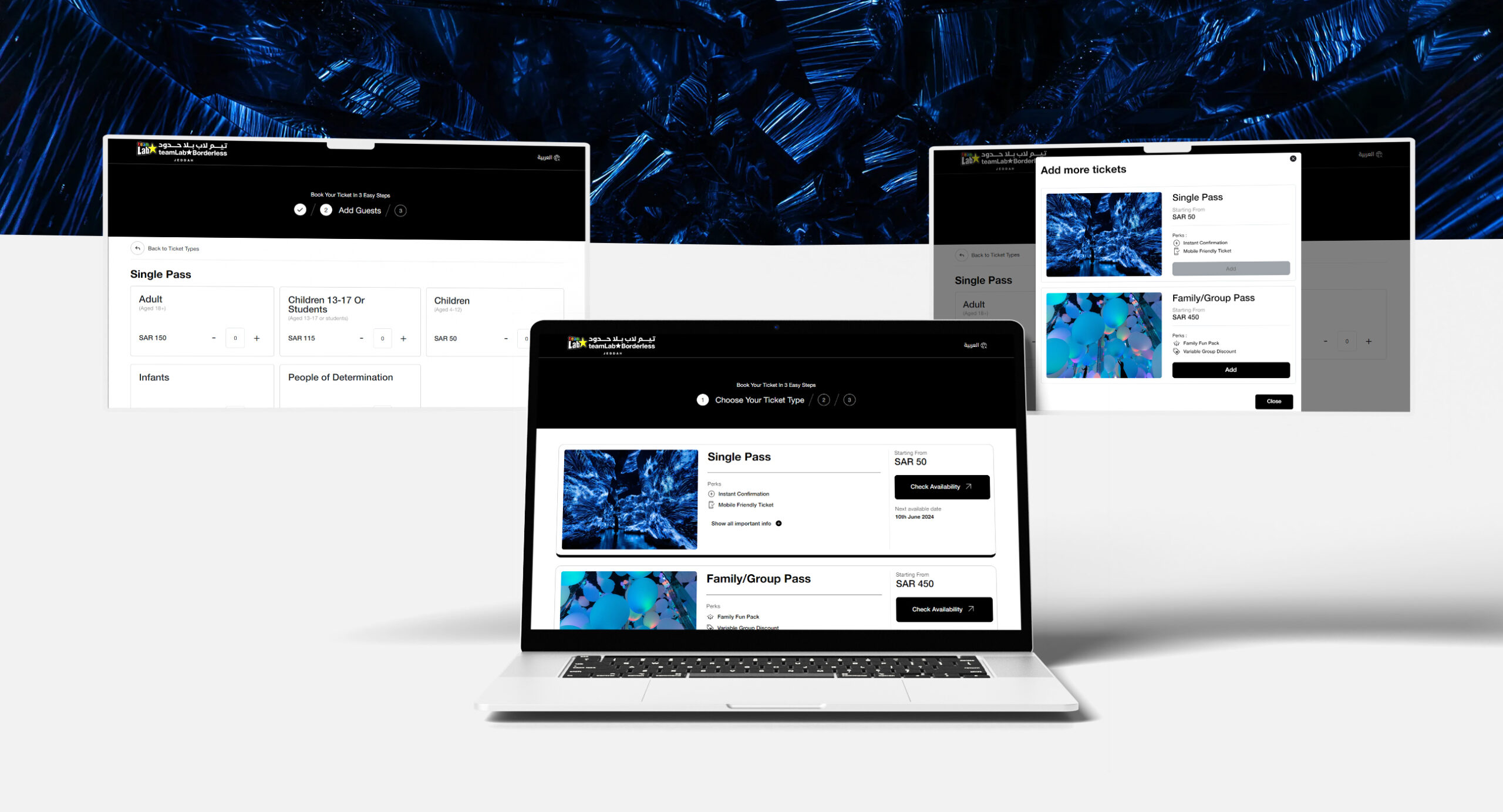The dream of every SEO team is to rank their website in the first position of Google’s search results. But no matter your cutting-edge strategies, the efforts aren’t paying off. What could be wrong? Perhaps you may not be using Google Analytics to track your website’s performance. In fact, some of you might be using it without knowing that it can effectively boost SEO. If you are not aware of how to use Google Analytics for website, this article is here to take care of that.

Why should we use Google Analytics For SEO?
The reasons are plenty. For starters, Google Analytics is free and easy to use. With over 1.1 billion websites in the world craving users’ attention, people have to find yours from it. Once they do, thanks to Search Engine Optimization, you must know how they found your website. This information can be achieved through GA’s acquisition section.
Another reason Google Analytics for SEO is that it helps you track conversions which you can set up based on the actions you want customers to take. Whenever customers valuable to your business check your website, you can get the data on who is visiting and other related information. Google Analytics provides you with a comprehensive list of data on customers, their interests, geography, demographics, devices etc. Moreover, using SEO Google Analytics can help you get answers to some essential questions such as
- How to use Google Analytics for marketing?
- What type of content do users interact with?
- How to measure SEO in Google Analytics?
- What marketing efforts bring in higher traffic?
How do SEO and Google Analytics differ?
In the realm of digital marketing, Google Analytics is a free tool used for tracking and analyzing website traffic, user behavior etc. SEO is a set of strategies used for improving website visibility, identifying keywords and ranking on search engines. So in essence, both terms may sound similar due to their functionalities however, they serve different purposes. If I had to say it in layman’s terms, website performance such as how users interact, etc is measured with Google Analytics and improving them is done with SEO. Now you know the difference, the next thing you must ask is how to measure seo in Google Analytics which is explained in the next section.
Key factors on how to use Google Analytics for website
Link Search Console Account with GA
First things first, want to know how to use Google Analytics for a website? Start with syncing your GSC to Google Analytics. Linking the two helps you get more SEO insights, and identify opportunities for improvement rather than just focusing on one tool. The thing is that If you’re just using Google Analytics without using GSC you will never see the whole picture.
Refresh Declining Website Content
Having a website means there will be content. However, if they aren’t updated from time to time, you can see a decline in your SEO traffic. Maybe it used to perform well initially but now may be underperforming either because it may have become outdated or a Google algorithm update might have affected it. Updating outdated information and republishing them drastically improves SEO performance.
But if there are so many articles, finding them all is a task but with Google Analytics SEO report, you can do it with a simple set of clicks. First, go to Reports> Search Console > Google organic search traffic, here you can see your content performance over time. If you would like a see the performance of a custom period, for eg: 6 months, you set it with ease and see how the contents have performed during the selected range.
Analyze behavior reports
Creating content for your website is important but how to know if users are visiting it or which section of your website performs best? Using Google Analytics SEO report, more specifically, behavior reports. This tells everything about your website in detail, especially about the top-performing content. By navigating to Site Content > All Pages, a list of the most popular pages on your website will be displayed. Here you can see the frequently searched terms by the users which will give an idea about what people are looking for on your website.
Identify Slow Loading Page Times
Another application of SEO Google Analytics is the identification of slow-loading webpages. If your website is slow, it can negatively affect the user experience and more importantly, your search rankings. If you are running a business and have invested a significant amount in digital marketing, SEO, etc, a slow-loading website shouldn’t be one of them. If your Google Search Console is already linked to GA, then finding the data is quite easy. Just go to behavior > site speed report and you can check out various factors like page load time, execution speed for interactions and more.
Leverage content drilldown report
Tracking and comparing the performance of each aspect of your website can be daunting, but leveraging the content drilldown report can make things simpler. This Google Analytics SEO report can be used to examine various parameters such as webpage views, average time spent by users, bounce rates etc. You can learn which sections of your website are trending and performing well and also check the existence of duplicate content and more. So, if you are planning to measure SEO Google Analytics, then this tool is a must-have.
Track content updates using annotations
One of the things about using Google Analytics for SEO is the performance improvements which you can view on your website. But viewing them is just enough, those results must be tracked and documented somewhere. Thanks to Google Analytics’ annotations feature, it can be done easily. Once you publish content, the tool assists you in benchmarking its performance.
They are ideal to use for events such as launching email & PPC campaigns, major website changes, etc. Annotations can be created with just basic reading and analysis privileges. Tracking and documenting results makes a big difference and without it, evaluating the progress of your content updates can be difficult. Even though the GA4 events guide does not currently have a built-in annotations feature like in UA, there are trusted browser extensions which can be used for the task.
Winding up
Even though SEO strategies are still very relevant in 2024, so is Google Analytics. With the combined use of SEO Google analytics, this offers various perks including website performance tracking, collecting visitor data, monitoring goals, etc. Moreover, Google Analytics is free and it offers a ton of highly useful and effective functionalities and SEO insights that you can leverage and boost your website performance.
So, if you haven’t started using these tools together I would say, start using them and explore the benefits it offers. What do you think about Google Analytics for SEO? Should they be used together or it is better to ignore this combination? Connect with GTECH and let us know your feedback.
Related Post
Publications, Insights & News from GTECH








